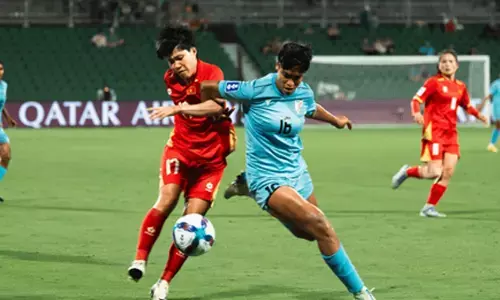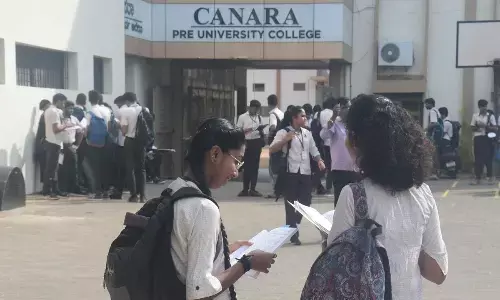Physical abuse, punishment may impact kids’ academic performance

Is your child not engaging and performing well in classroom activities? It may be the result of physical abuse and punishment that he or she is subjected to at home, researchers have found.
Is your child not engaging and performing well in classroom activities? It may be the result of physical abuse and punishment that he or she is subjected to at home, researchers have found.
The findings showed that children's exposure to mild, harsh and abusive physical abuse at home was associated with decreases in children's cognitive performance, while non-abusive forms of physical punishment were independently associated with reduced school engagement and increased peer isolation.
Even if physical punishment does not result in serious physical injury, children may experience fear and distress, and this stress has been found to negatively impact brain structure, development and overall well-being.
"This punishment style is meant to inflict minor pain so the child will change their behaviour to avoid future punishment, but it does not give children the opportunity to learn how to behave appropriately through explanation and reasoning," said Sarah Font, assistant professor at the Pennsylvania State University.
Further, the researchers noted that even mild physical punishment can develop into physical abuse and have consequences on children's cognitive and social school functioning.
"This suggests that preventing physical abuse could promote children's cognitive performance," Font said while parents should be educated on alternative forms of punishment.
For the study, published in Child Abuse and Neglect, over 650 children and their caregivers were examined in three areas of physical punishment: mild corporal punishment, harsh corporal punishment and physical abuse.











